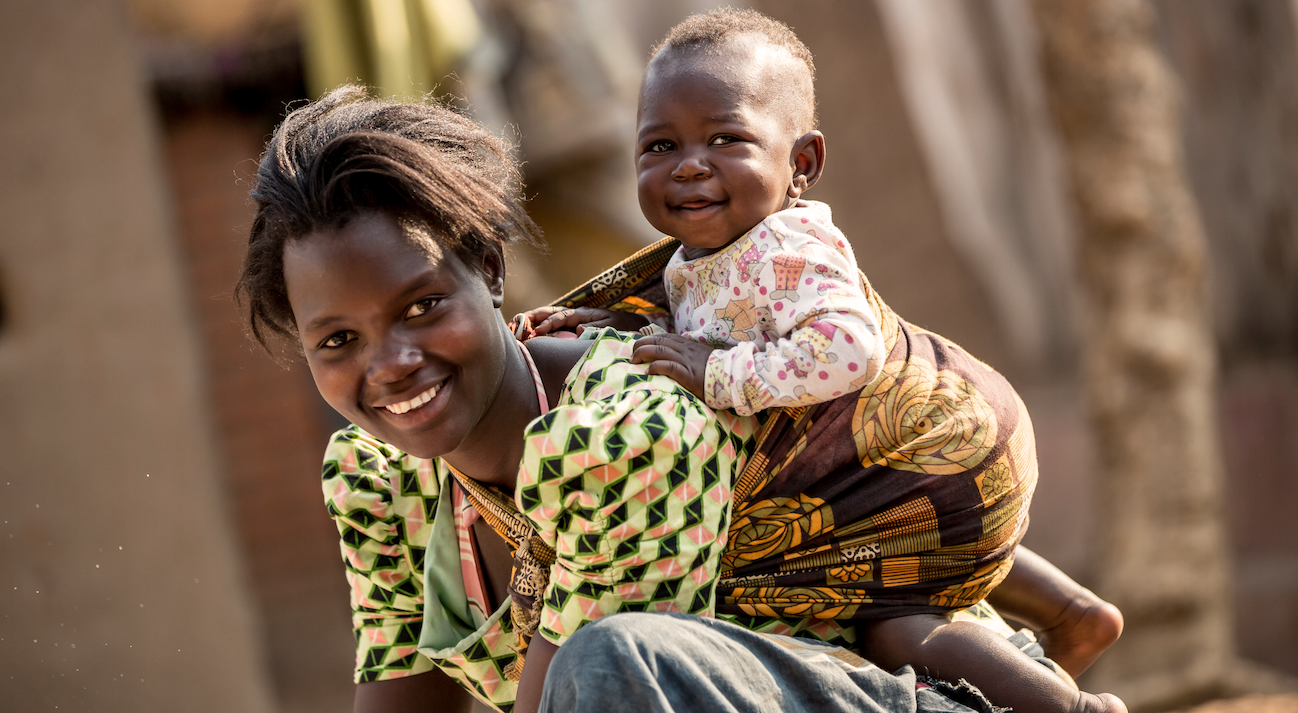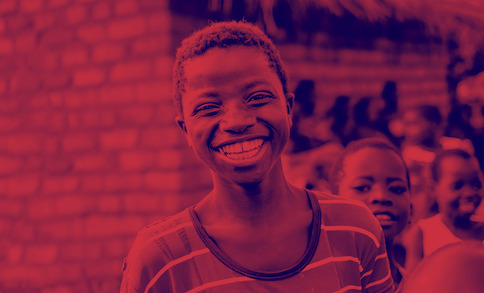

Millions of children in low-income countries die every year as a result of health conditions that could be easily averted, such as diarrhea. This is the case even though households spend a high share of their budget on remedial care. Investing in preventive health care (such as adding chlorine to drinking water) would be a cheap way of mitigating those financial and living costs. Strikingly, however, take-up of preventive health care in developing countries is pervasively low, even when it is available at low cost.





This project studies whether the fact that such goods are typically sold at high subsidies - framing the prices deemed acceptable by customers and ultimately lowering willingness to pay - could be put forward as a leading reason for the low take-up of preventive health care in developing countries.
While previous research has shown that learning about the benefits of prevention thanks to such subsidies tends to generate higher demand for prevention, this conclusion conflates alternative explanations. Discounts can lead to experimenter demand effects as well as leaving households with more cash on hand, an important constraint on future purchases. However, beyond the immediate future - once all families are again equally constrained - framing effects may still be present, ultimately lowering future demand for prevention. Finally, existing evidence is concentrated on bednets, which are closer to an experience good: it is easy for a household to learn about their benefits upon first use. Most preventive health care, however, is closer to creed goods: with chlorine, for instance, the benefits are not immediately obvious.
Our study design attempts to rule out these alternative explanations. We visit poor households in Malawi, offering different preventive goods at randomly assigned discounts. Conditional on take-up, we further vary the framing of price composition: by randomizing the delivery fee as part of that full price, households effectively face different prices for the same good – although with the same cash on hands by the end of that round. We then revisit households a month later to elicit their willingness to pay for a range of preventive health care goods.
Variation in discounts for bednets attempts to replicate previous empirical evidence. Variation in delivery fees allows us to study framing effects without affecting liquidity constraints and thus minimizes concerns regarding experimenters demand effects for future demand. Lastly, a selection of goods comprising credence goods, such as vitamins, allows us to study the potential framing effects of discounts more broadly.
We hope to shed light on potential behavioral challenges behind offering subsidized preventive health care in developing countries to inform governments and international organizations about the full range of consequences of their programmatic choices.
The loop: under-investment in preventive health care of children and adolescents, leading to child mortality and morbidity
Breaking the loop: Understanding the full range of consequences of subsidized preventive health care to inform programs with the potential of increasing those investments in children and adolescents
Preventive Health Care in Malawi
This study examines the impact of interventions that aim at fostering take-up of preventive health care in Malawi on parental beliefs, take-up rates and children’s health status.
- StatusOngoing
- CountryMalawi
- Program areaNo Poverty, Health Wellbeing, Industry Innovation Infrastructure, Reduced Inequalities, Partnerships
- TopicsPreventive Health Care, Delivery Platforms
- PartnersUNICEF Malawi, Center for Social Research Malawi, University of Malawi
- Timeline2017-2022
- Study typeRandomized Evaluation
Research Team


Maite Deambrosi
UZH

Jiajing Feng
UZH
Similar
Child Development Study
Longitudinal Study on Child Development Based on Wearable Technologies.

School Closures and Reopening in the Pandemic

Preventing Student Dropouts in the Pandemic

The Growth Mindset Project

Sex-Selective Abortion in Armenia

Harmful Practices against Girls in Malawi

Parental Investment in Children

